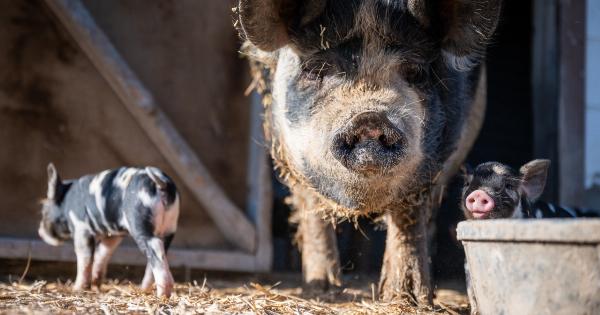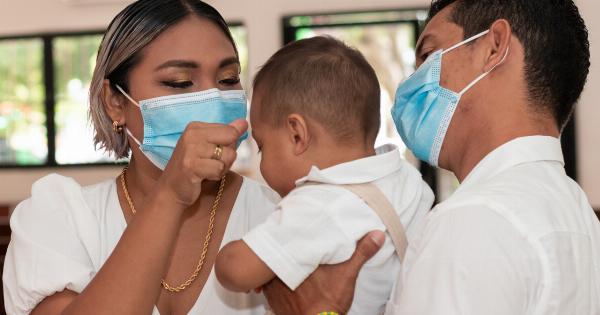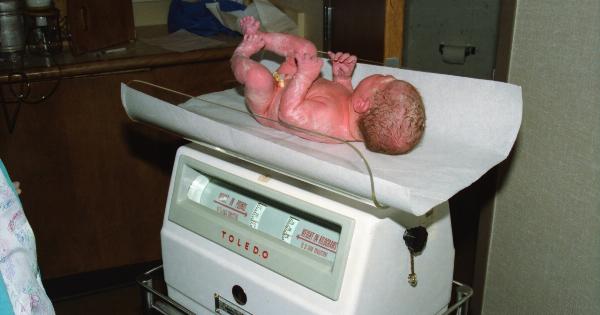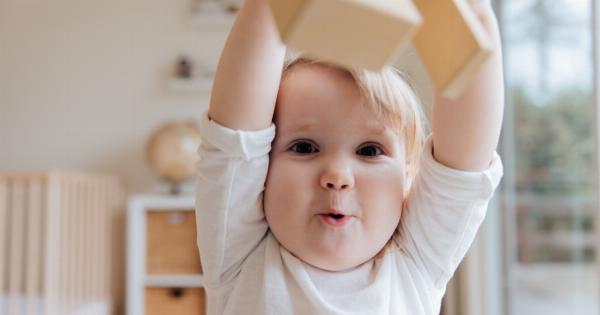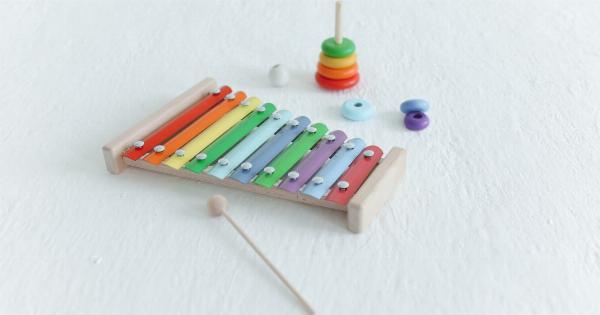Babies start communicating from the day they are born. In fact, they communicate in many different ways, including crying, cooing, and smiling. As they grow, they start to babble and make sounds, which eventually turn into words.
As a parent, it is important to help your baby develop language skills. Here are some tips to help your baby go from babbling to talking:.
Talk to Your Baby
One of the best ways to help your baby develop language skills is to talk to them. Talk to them as much as possible, even when they are very young. Babies learn by listening, so the more you talk to them, the more they will learn.
You can talk to your baby about anything. For example, you can talk about what you are doing, what you see around you, or even what you are thinking. The more words they hear, the better.
Read to Your Baby
Reading to your baby is another great way to help them develop language skills. Not only does it expose them to new words, but it also helps them learn about the world around them.
You can start reading to your baby when they are very young, even before they are old enough to understand the words. As they grow, you can choose books with simple words and bright pictures to keep their attention.
Sing to Your Baby
Singing to your baby is another great way to help them develop language skills. Songs are a great way to introduce new words and phrases to your baby, and they can be a fun way to bond with your little one.
You don’t have to be a great singer to sing to your baby. Just choose some simple songs that you enjoy and sing them to your baby. You can even make up your own songs!.
Repeat Words and Phrases
One way to help your baby learn new words is to repeat them often. For example, if your baby points to a ball and says “ba,” you can say “Yes, that’s a ball!”.
Repeating words and phrases often will help your baby learn the words faster, and it will also help them remember them in the future.
Play with Your Baby
Playing with your baby is another great way to help them develop language skills. You can play games like peek-a-boo or sing nursery rhymes together. These types of activities will help your baby learn new words and improve their communication skills.
Use Gestures
Using gestures is another great way to help your baby communicate. For example, waving goodbye, blowing kisses, and pointing to objects can all help your baby understand and communicate better.
It is important to use gestures along with words so that your baby can understand them in context.
Don’t Overcorrect Your Baby
While it is important to correct your baby’s language when they make mistakes, it is also important not to overcorrect them. Correcting every mistake can be overwhelming for your baby, and it may even discourage them from speaking.
If your baby mispronounces a word, you can gently correct them, but make sure to praise them for their effort and encourage them to keep trying.
Take Your Time
Learning to talk takes time and practice, so be patient with your baby. Some babies start talking earlier than others, but as long as your baby is making progress and communicating in some way, there is no need to worry.
Remember that every baby is unique, and they will develop their language skills at their own pace.
Enjoy the Journey
Watching your baby develop their language skills can be an exciting and rewarding experience. Enjoy the journey and take time to celebrate every milestone. Before you know it, your little one will be chatting away!.
Conclusion
Helping your baby develop language skills is important for their future success. Talk to your baby, read to them, sing to them, and play with them to help them learn new words and communicate better.
Use gestures, repeat words often, and be patient with your little one as they develop their language skills.

